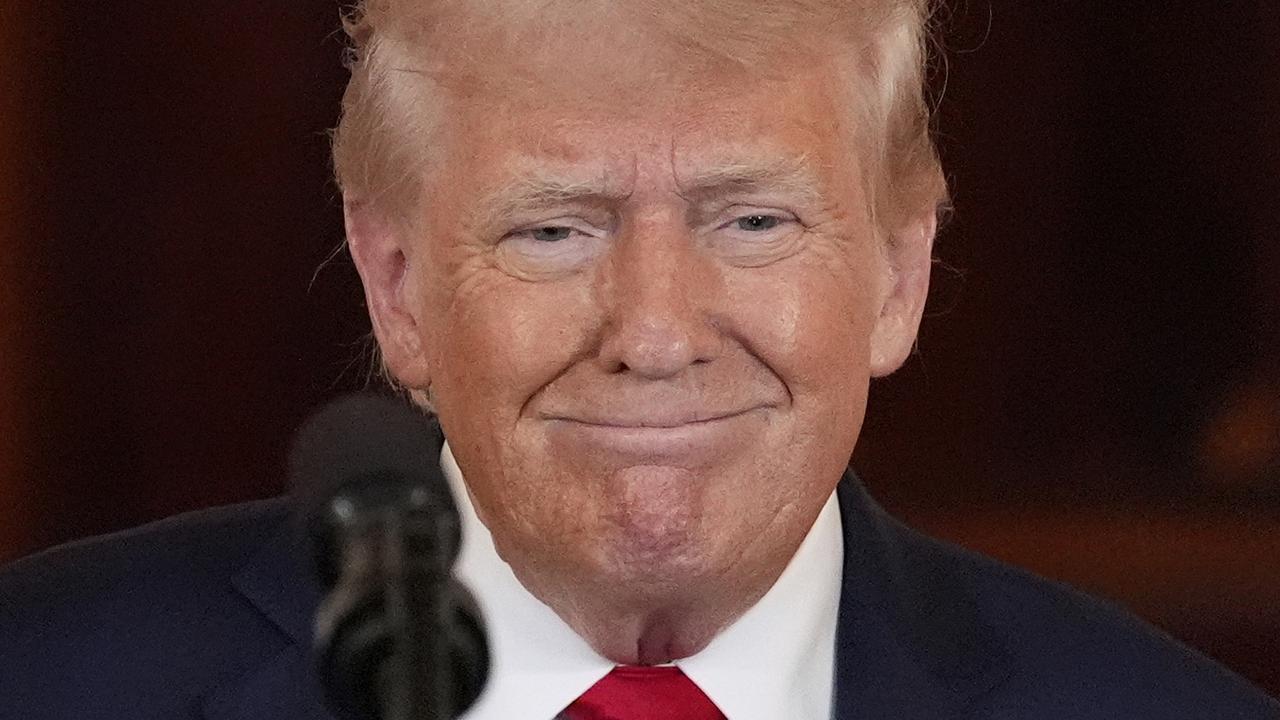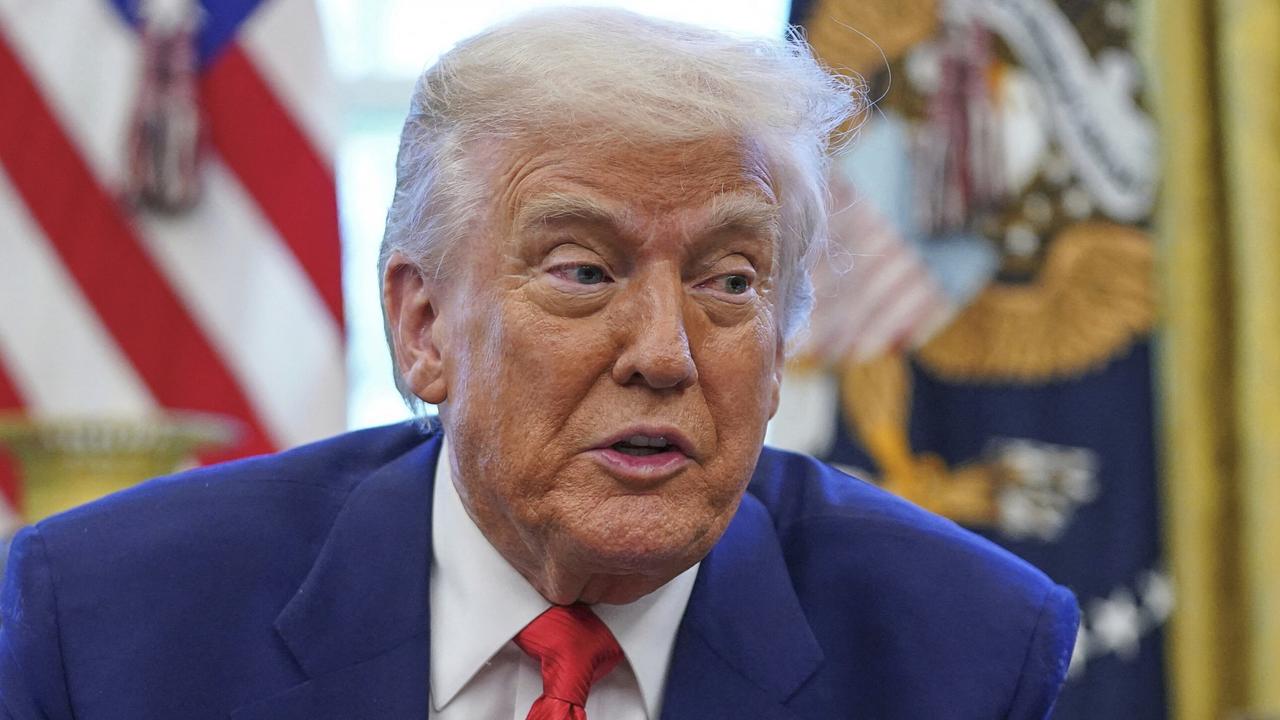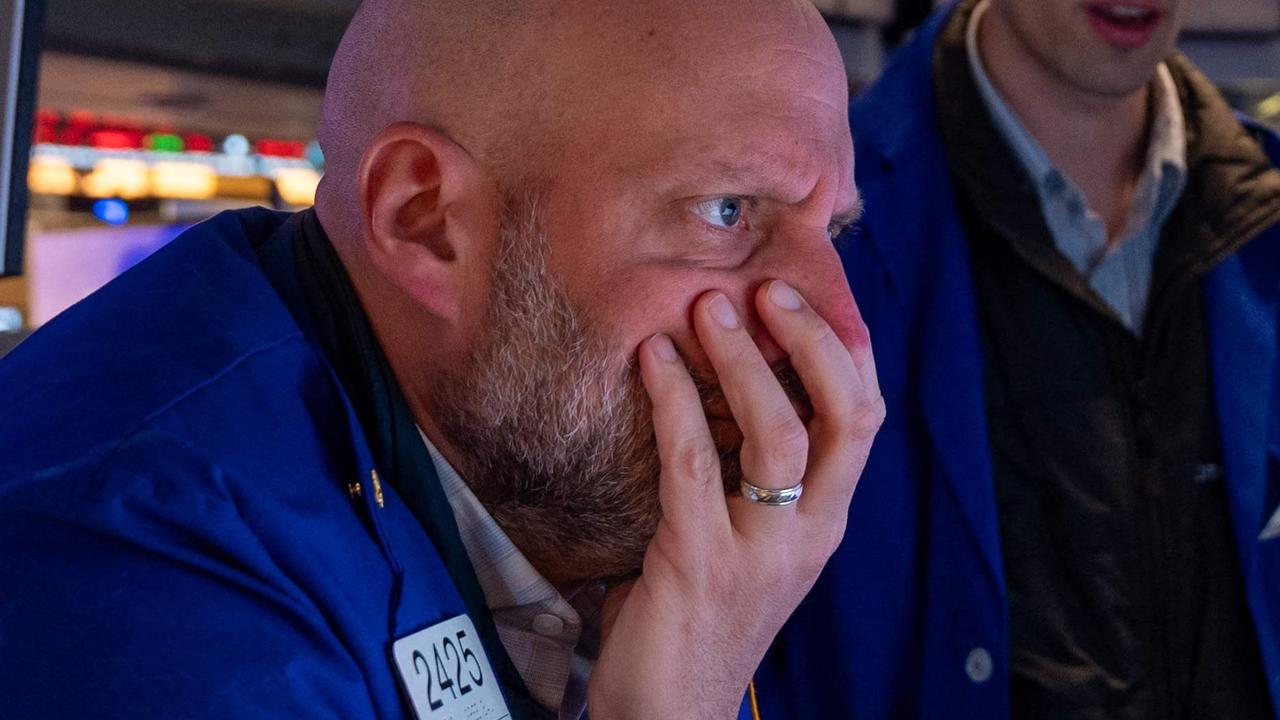Europe in crisis as Russia sanctions take their toll on energy prices
An economic meltdown is on the horizon as Putin’s potent weapon of gas takes its toll – and it could spell the end of Europe as we know it.
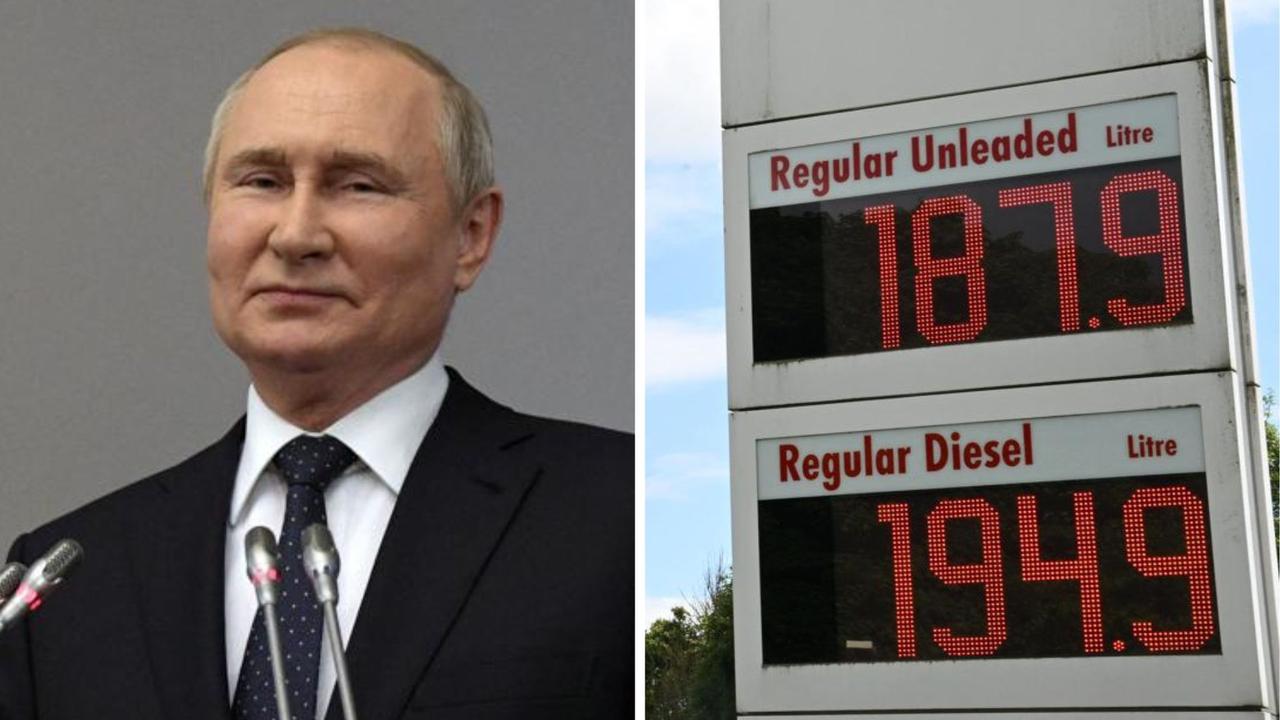
Europe is melting under 40C heat. But it’s also facing a winter economic meltdown as gas and electricity prices explode. And that could end its union.
“Some energy utilities in France and Germany are already bust; bailouts are looming. Next up will be industrial firms stricken by rationing,” warns Center for European Policy Analysis (CEPA) senior fellow Edward Lucas. “Germany shelters its consumers from market prices, but it cannot protect their jobs.”
Gas has proven to be a potent weapon for Russian President Vladimir Putin.
Toying with the taps to pipelines carrying the fossil fuel from Siberia to Europe has done more damage to the economies of his enemies than a cruise missile strike.
And the eventual loss of the market will cost his country just 2 per cent of its GDP.
“Gas exports are not a critical vulnerability for the Kremlin. But gas imports are critical for customers like Germany,” says Lucas.
And the 27-nation European Union faces its greatest challenge yet.
“It will be all too easy for populist politicians eager to appease cross, chilly voters to ban energy exports, collapsing the EU’s single market,” he warns.
“For the real energy shortage is not of molecules and electrons. It is of political energy: synapses in the brains of politicians and voters. The West is getting tired of the war in Ukraine, just as the costs of confronting Russia are becoming bigger and more visible.”
Energy wars
Russia shut down its Nord Stream 1 pipeline amid claims the repair of turbines in Canada had fallen foul of international sanctions. Despite the bluster and brinkmanship, the gas began to flow again last week after 10 days of “maintenance”.
But it’s not enough.
One pipeline bringing gas through Poland and Belarus has been shut down. Two others – one through Ukraine and another through Turkey – are also operating at reduced capacity.
Months of slowed delivery and the shutdown mean Europe’s storage tanks are running on empty. It’s being consumed by electricity generators and factories as fast as it’s delivered.
That leaves no spare capacity to heat homes when the bitter winter arrives.
Storage tanks are only at 65 per cent capacity. They must be at least 80 per cent full to carry Europe through the cold months ahead. But deliveries are expected to remain well below peak levels.
Russia had been playing games with gas long before the invasion of Ukraine. Last year it ceased selling extra gas on the short-term spot market.
Once Europe imposed sanctions over the war, Russia cut off gas supplies to six European countries and cut back supplies to six others.
Germany, its biggest customer, experienced a reduction in flows of up to two-thirds. As a result, power prices are soaring as the cost of the gas used to create electricity soars. And that’s generating record levels of inflation all through Europe’s economy.
United we stand …
The EU wants its member states to cut gas use by 15 per cent immediately. In addition, the European Commission has asked for the power to control gas flows between member nations if there’s a severe shortage.
And that won’t be popular.
“There are some particularly worrying signals,” says University of Herefordshire international relations analyst Dr Francesca Batzella. “Hungary, for instance, has declared a state of energy emergency, announcing that it would halt gas exports to neighbouring countries to conserve its own stocks.”
Individual EU nations are scrambling to ink individual energy deals with alternative gas suppliers. Austria, Germany, the Netherlands and France have put aside carbon reduction goals and ordered decommissioned coal power plants readied. Some nuclear facilities may also be reactivated.
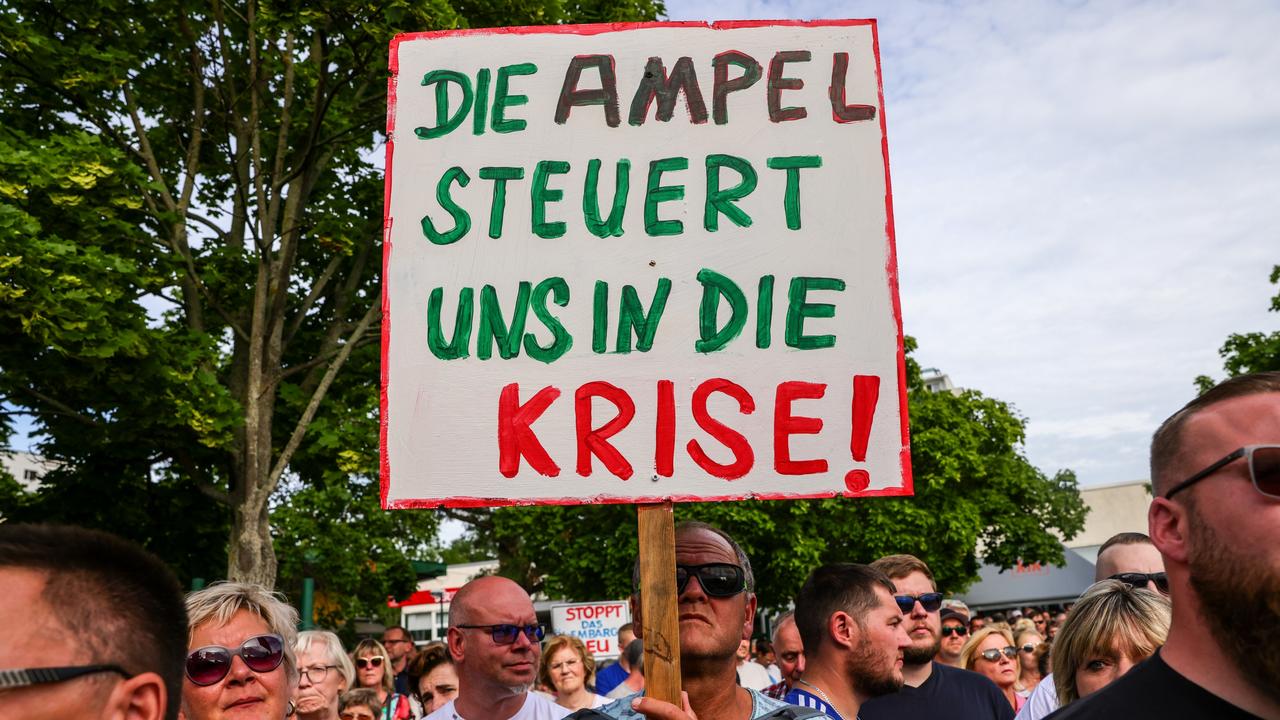
France, frustrated with the performance of its privatised energy giant EDF, is set to nationalise the essential service once again.
“While preparing for the worst, however, we should also hope for the best,” says Dr Batzella. “The current energy crisis could be an opportunity for the EU to strengthen its architecture, to improve political integration and strengthen solidarity.”
It’s a matter of political – and public – will.
The Paris-based intergovernmental International Energy Agency (IEA) warns: “Europe may well be called upon to show the true strength of its union.”
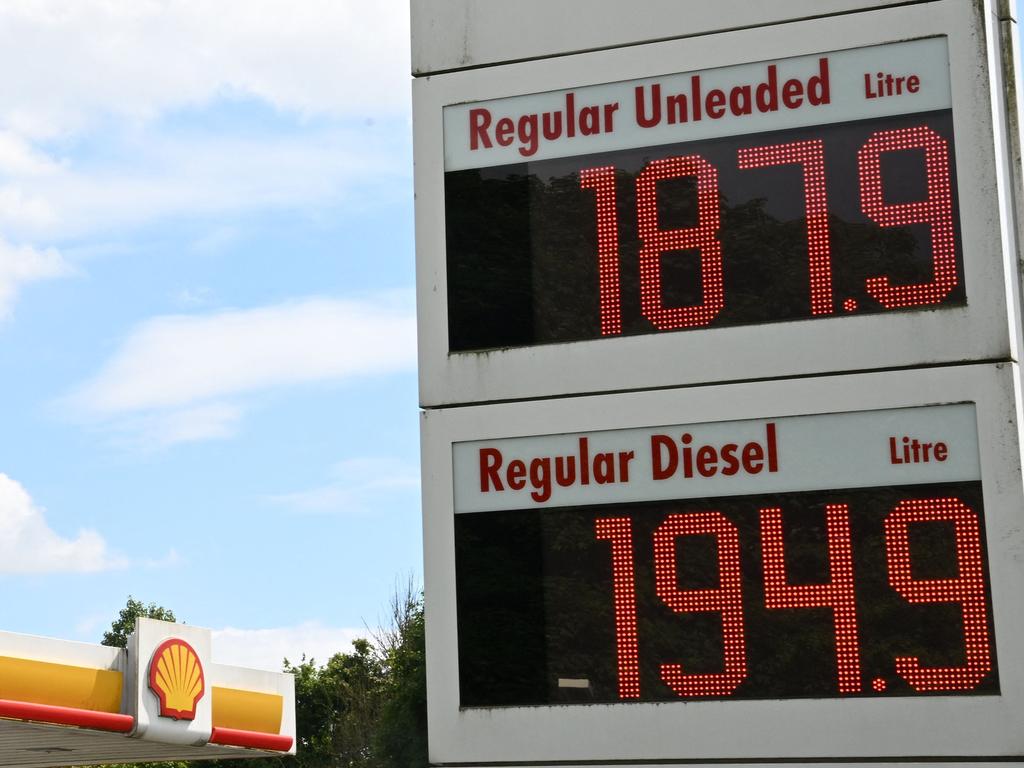
Stay free, or stay warm
European families are unlikely to freeze this winter. But its industries are.
“European leaders need to be preparing for this possibility now to avoid the potential damage that would result from a disjointed and destabilising response,” warns IEA Executive Director Fatih Birol.
“This winter could become a historic test of European solidarity — one it cannot afford to fail — with implications far beyond the energy sector.
Meanwhile, Putin may be selling less gas. But he’s earning far more from it.
The International Energy Agency says Russia’s revenues from oil and gas exports to Europe have tripled in the past five months.
It’s a nice little earner. But it’s not necessary.
“Based on what we have seen over the past year, it would be unwise to exclude the possibility that Russia could decide to forgo the revenue it gets from exporting gas to Europe in order to gain political leverage,” says Birol.
That puts Putin in the box seat, says Mr Lucas: “Putin has two aims in this war. One is to destroy Ukraine as a functioning state. The other is to show that his willpower is greater than the West’s. Imagine what the world will look like if he succeeds.”
The price will be far more than a new Russian Empire.
“The West’s credibility, built up over decades, will be shattered. In the end, we wanted to stay warm more than we wanted to stay free,” he says.
And that will be a lesson Chairman Xi Jinping will take on board when it comes to his coercive acts over Taiwan, the East and South China Seas and the Himalayas.
Mr Lucas’ answer is controversial.
He wants a significant escalation in the provision of weapons to Ukraine and far harsher sanctions on Russia.
“Costly and risky? Yes. But look at the alternative,” he says.
Jamie Seidel is a freelance writer | @JamieSeidel




